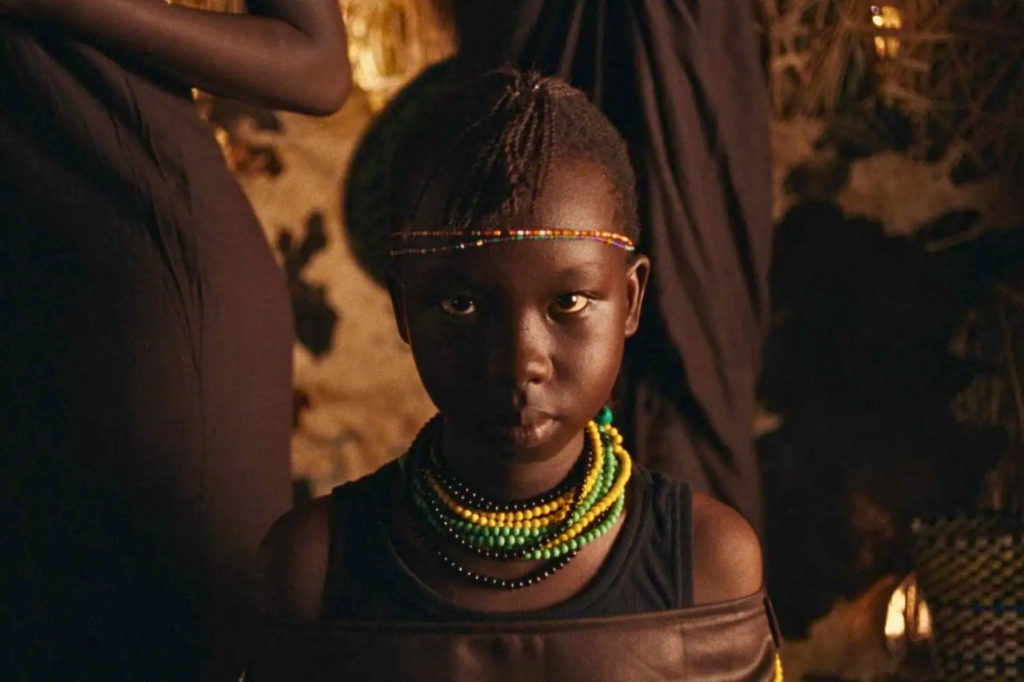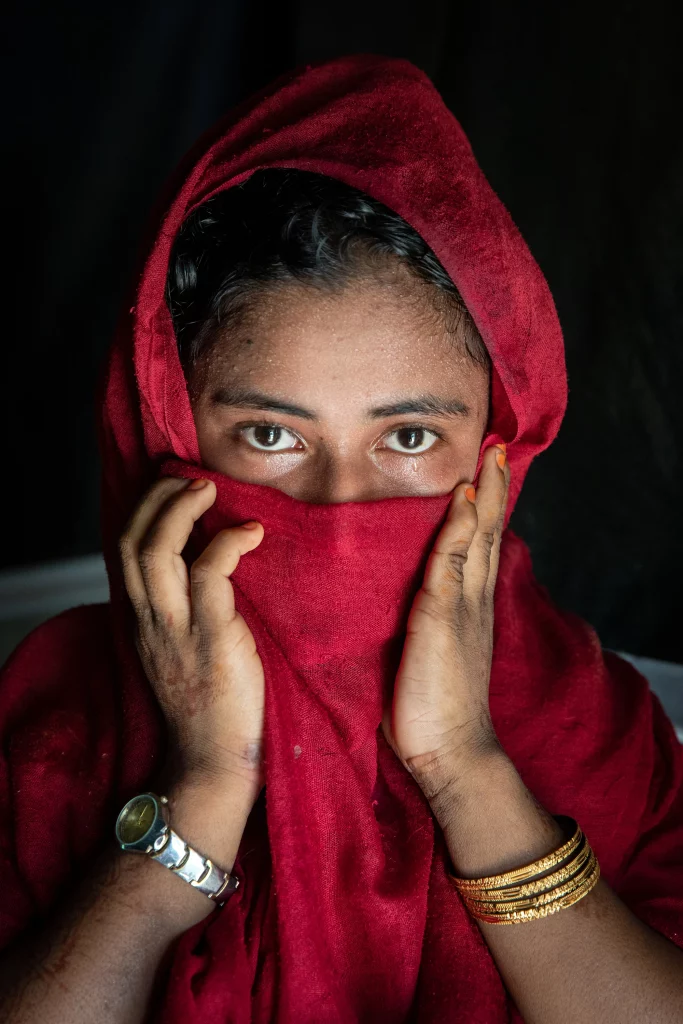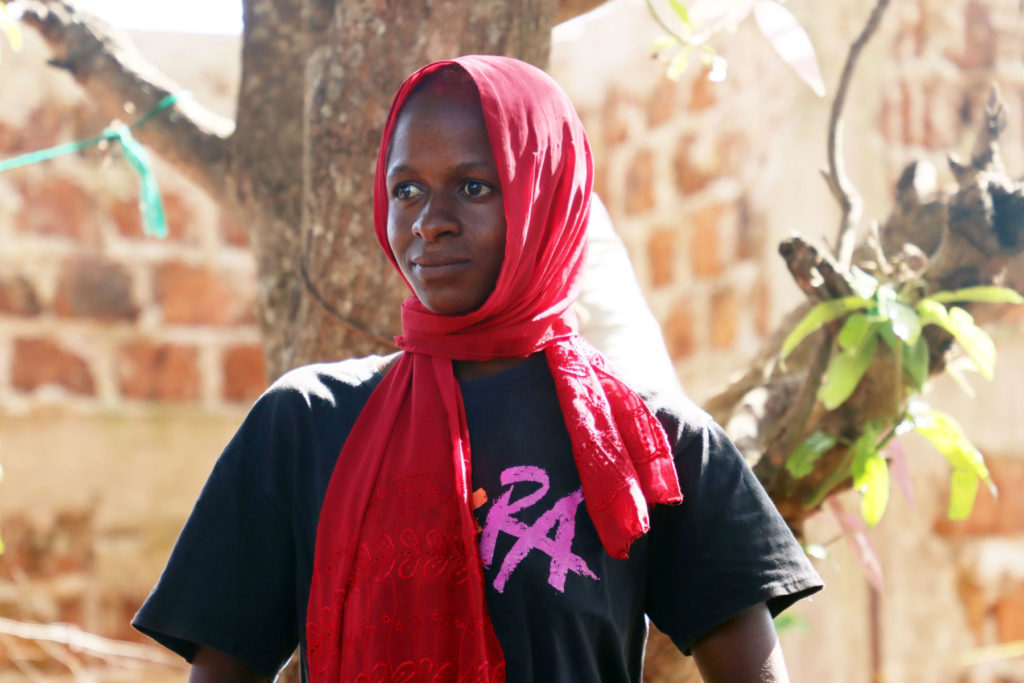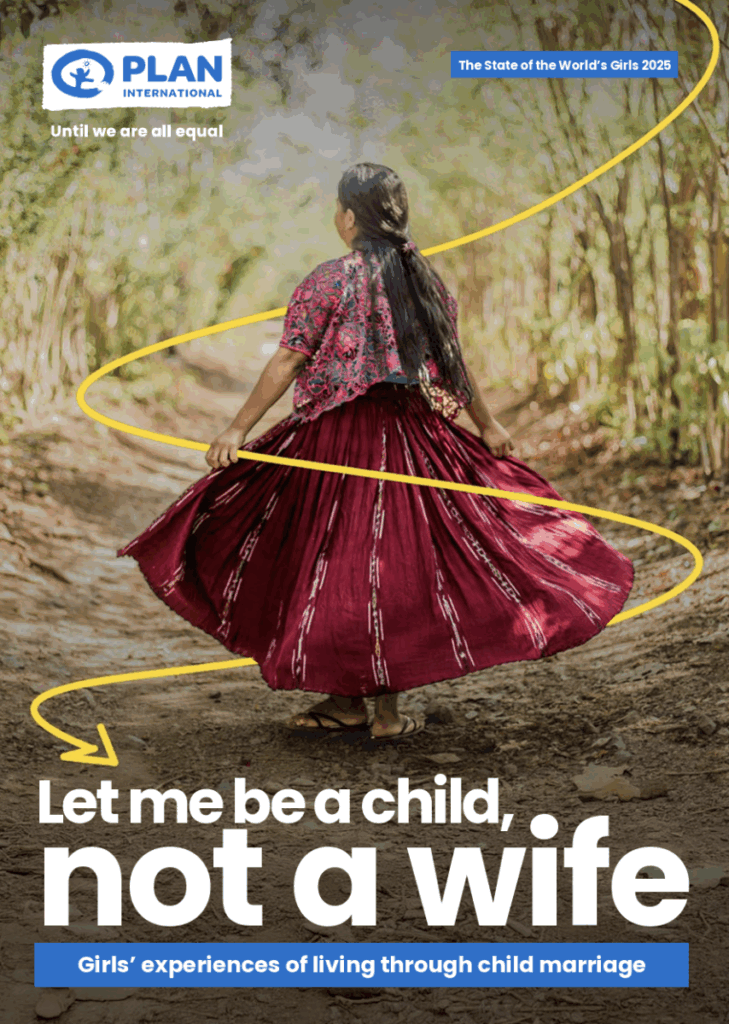This International Day of the Girl, Plan International Ireland joins girls, activists and partners around the world to demand an end to child, early and forced marriage – one of the most harmful and entrenched violations of girls’ rights.
Every year, 12 million girls are married before the age of 18. Despite progress – 25 million child marriages averted in the past decade – the crisis is shifting. Today, 1 in 3 child brides live in Sub-Saharan Africa, up from 1 in 5 a decade ago. Child marriage robs girls of their childhood, education, and health. It limits their future opportunities and locks generations into cycles of poverty.
We are tackling child marriage through our global programme to end child, early and forced marriage and unions (CEFMU). Our approach is bold, rights-based and girl-led:



In Ireland, Plan International will host a special screening of a film on child marriage on 9 October 2025 in Dublin, followed by a panel discussion and reception. Together, we can make child marriage a thing of the past and ensure every girl has the power to choose her own future.
11 October has been a key global moment to celebrate the power of girls and highlight the barriers they face since the United Nations adopted it as International Day of the Girl in December 2011.
While there has long been an International Women’s Day and an International Day of the Child, neither of these days recognise the unique position of girls who are discriminated against simply for being young and female.
Plan International led the global effort to build a coalition of support behind the International Day of the Girl, securing support from the Canadian government which took our call all the way to the United Nations.
We worked with girls who believed that an international day could be a launch pad for global action on girls’ rights. Through their stories, ideas and views it was clear that an international day for girls would bring global focus to their lack of representation in the global development agenda.

130 million girls around the world today are out of school. There are many barriers to girls’ education globally: poverty, child marriage, sexual exploitation, FGM, period poverty, disability and stigma are just some of them. Lockdowns and school closures due to COVID-19 have hit girls’ education particularly hard and threaten to roll back years of progress.
We believe that girls’ education leads to girls’ equality. Education is critical in tackling harmful gender norms, and empowering girls to drive change. It gives girls the skills to become leaders, innovators and change makers, and to tackle future crises.
Every 2 seconds, a girl is forced to marry. If we don’t act now, more than 150 million girls will become child brides by 2030.
Girls married before the age of 18 are more likely to experience physical, sexual and domestic violence. They become isolated with their freedom curtailed and are much less likely to stay in school.
We work to empower girls to claim their rights and continue their education. We challenge deeply rooted gender inequalities and social norms and are ensuring that girls are involved in the process.